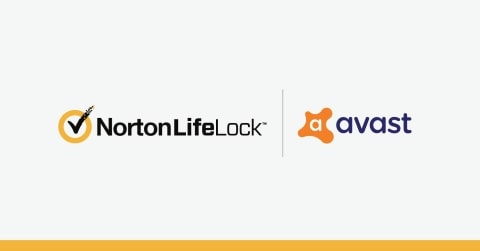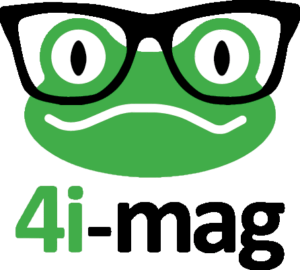Will the deal and a potential customer base of 500 million users be enough for the birth of an antivirus empire?
Two is better than one. It is not a matter of mathematics, but of defensive capabilities in the face of escalating offensives by cybercriminals targeting small, medium and large companies, exploiting gaps in protection systems and the distractions or inability of employees who are careless or uneducated about the need for and ways of safeguarding their company’s digital vulnerabilities.
This is why joining forces enables a better, more effective and faster response to external attacks aimed at breaching defensive measures and stealing data, blocking devices and obtaining money (cryptocurrency) in return. Hence the willingness of NortonLifeLock Inc. and Avast to merge their respective parabolas, in a merger that for the two boards of directors of the companies “makes compelling strategic and financial sense”.

Two companies with 30-year histories join forces
Under the deal, NortonLifeLock will acquire all the shares of London-listed Avast, with the new group having a potential customer base of around 500 million users worldwide. The US company is putting up between $8.1 billion and $8.6 billion in cash and stock, with the exact payout depending on the financial terms granted to the Czech company’s shareholders. The move is of great significance in the cybersecurity sector, not least because it involves companies that were founded more than 30 years ago.
NortonLifeLock was known as Symantec until 2019, when its Enterprise division was acquired by Broadcom for $10.7 billion in cash. On the other side is Avast Software, one of the most popular antivirus programs and the first to run on x86-64 architecture, first released in 1988 by researchers Pavel Baudiš and Eduard Kucera, then working at the Mathematical Machines Research Institute in Prague.

A common trait between Norton and Avast is the business model, which allows users to download a free version of both security software, and then upgrade to a paid-for version at a later date. This has worked in the past, but less so in recent years, as Avast’s own accounts show. The increase in revenues has been going on for a long time, with sales tripling even during the three-year period 2015-2018, but this has been followed by a contraction that has reduced the pace of growth, by virtue of the evolution of the sector, with the increase in digital attacks and the spread of ransomware that have encouraged the multiplication of new security solutions. The inevitable consequence of this is that the cost of securing experts to respond to new threats has soared.
Two reasons for the merger: to speed up the transition and save money
In addition to an enormous audience of users, the merger will according to Vincent Pilette, CEO of the company in stars and stripes, “have the ability to further accelerate innovation to transform information security”. Specifically, by bringing together the benefits of Avast’s focus on privacy and Norton’s focus on digital identity, because at present, cyber security is as much a pre-eminent issue for businesses as it is for consumers.
A difference highlighted by the companies themselves, which in the various communications following the agreement have differentiated the scope of action between Norton’s ‘consumer cyber security’ and Avast’s ‘digital identity and privacy security’, with the latter finding itself trailing Mcafee and Microsoft in its market. Beyond the differences, however, a relevant fact comes from the first preliminary estimates of the agreement, which have outlined a saving of about 280 million dollars over the next three years.

The urgency of catching up with cyber criminals
As for the direction taken, at the moment each will continue to work on its respective focus under its own brand, although a merger is likely in the future as well. For now, however, the group will retain the two locations of Tempe, Arizona, and Prague, Czech Republic, with Pilette remaining CEO of Norton and Ondrej Vlcek moving from CEO of Avast to become Norton president and board member.
Vlcek seems to be clear about the direction of the new direction: ‘Cybercriminals are exploiting the consequences of the Covid-19 pandemic, particularly with the spread of telecommuting and smart working, as employees of companies often find themselves working within less secure network systems. This allows hackers to use artificial intelligence technologies to target large numbers of users, while dangers grow globally and cybersecurity remains very low. This is why the agreement between Norton and Avast is important, because a shared vision means speeding up processes to provide adequate protection for consumers”.



